Patsy O’Connor is from Tuam, Kilroosky, Co Roscommon. Patsy worked and lived in Dublin for almost 20 years and it was there that he met his wife, Lucy. She was originally from Dungarvan, Co Waterford. They got married and lived in Dublin for a few years, eventually returning to Patsy’s home place in Tuam.
‘‘On this particular day, after having a bite to eat, Lucy went for a walk. She used to go for a walk every day down the road. On her way down she heard some noise in the trees at the end of a field. She went back and met Sharon Trimble, my son Patrick’s girlfriend, across the road from us here. Sharon and Lucy proceeded down to investigate what was happening in those trees.
‘‘On their way down, the cows came and for whatever unknown reason the cows attacked and Lucy was killed. Sharon was seriously injured; so much so that she was in hospital for six months, lying in the one position with serious back injuries.
‘‘Each morning, I walk over to Kilgefin Cemetery which is about two miles away. I’ve been doing that for the last two and a half years. I find that by going over there and sitting down on the kerb, I say a few prayers and I might tell her what I was doing the following day. I find that I get a great kind of ease or relief.
‘‘The help we got was unbelievable. No mistake about it; during the day of Lucy’s death and afterwards and even up to the present day. If we hadn’t went on, we would have let down all those people that encouraged us, helped us, fed us.
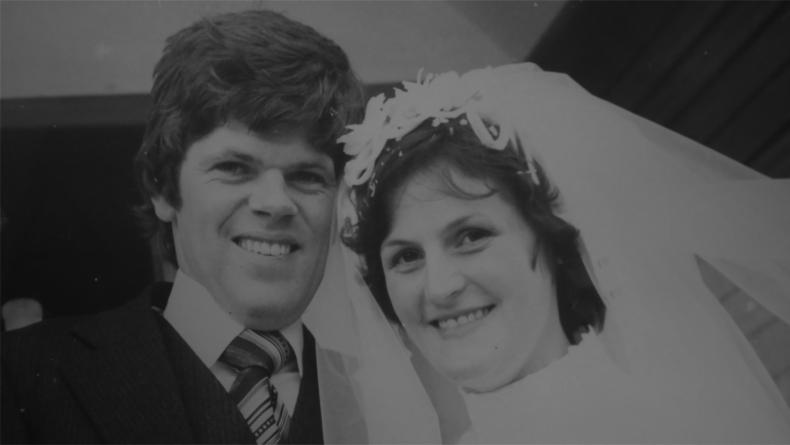
‘‘The way that farming is, certain risks are taken and have to be taken. I think myself there’s a lot of rushing and racing done; an awful lot of risks of accidents happening. At the end of the day, all you can do is be as careful as you can and hopefully you’ll get through the day.’’
Brian Rohan is from Shanahoe, Co Laois. He has been a dairy farmer all his life. He is married to Norma with three children; Julie, Emma and Liam.
‘‘Our farm was considered a safe farm before Dad’s accident. I’m the youngest of four. I grew up on a farm – the farm was our playground.
"We didn’t have any PlayStation growing up, so we were out on the farm all the time and anytime we were down on the farm, Dad made sure that we were safe. So it was an enjoyable place to work until the day of Dad’s accident.
‘‘Dad was working on a machine in the yard for throwing two rows of grass together. All we can work out is that it came apart sooner than expected. He got a blow to the head and walked away. He came up to the house.
"About 15 minutes later, he went unconscious. He was rushed to hospital where it was confirmed that he had a fractured skull and a massive bleed on the brain and that there was nothing that they could do.
"He would either be left unconscious or pass away a few days later.
‘‘As a result of the accident, I lost a whole love for farming. This year is the first year that I got some sort of love for it back.
‘‘When you walk out the door every morning, heading down the yard, whether you have a girlfriend, wife, partner or children, you have to do all that you can to make sure you come back in that evening.
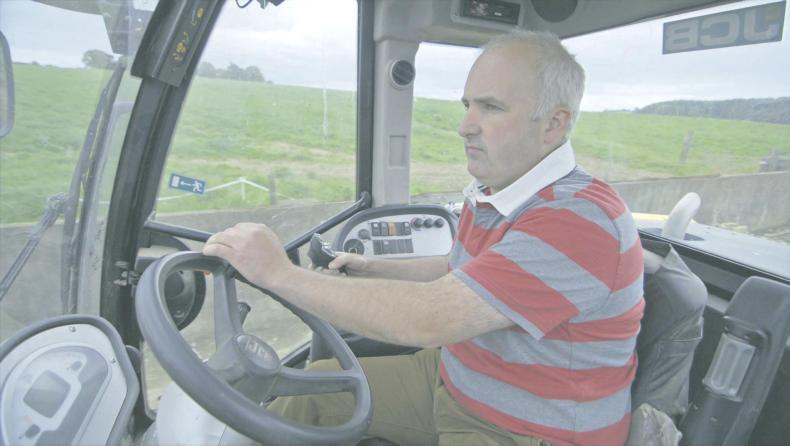
‘‘These accidents take only seconds. On the day of Dad’s accident, three seconds more, he would have been clear. It’s not minutes or hours, it’s seconds.
‘‘When you go to do a job, if you stand back from the job and observe for one minute the safest way to do that job, that is the most important thing to do.’’
Oliver McElligott is from Kilflynn, Co Kerry, about 10 miles from Listowel.
‘‘Basically my day would revolve around my family. I have two boys who are diabetic and take a lot of time to help manage. My wife works full-time. I took over the running of the family farm when my father was killed in a farm accident.
‘‘I always felt obligated to look after the place. When I got married, I became more comfortable farming, I settled down and consider it my life now.
‘‘On the day of the accident, I remember agitating slurry in the morning, giving myself an hour to do it because I would have to go to school at half 12 to check one of the boys. Instead of focusing on my job, I was focusing on my boys.
"While agitating, I decided to ring my sister to see would she be near a chemist. I remember coming off the tractor, what I would normally do, I would just close the manhole, I didn’t, I was on the phone. I jumped back up on the tractor and drove away.
‘‘That evening, I remember going back down to the same shed, turning on the lights, picking up the bucket and walking out of the shed into the darkness. I walked into the open manhole.
‘‘I remember reaching up and failing to reach the top of the manhole. It all happened slowly, it wasn’t an instant thing. There were shuttering pins that weren’t cut. These allowed me to keep my head above the level of the slurry. I remember getting the bucket to the floor that I was standing on. This allowed me to stay above the slurry.
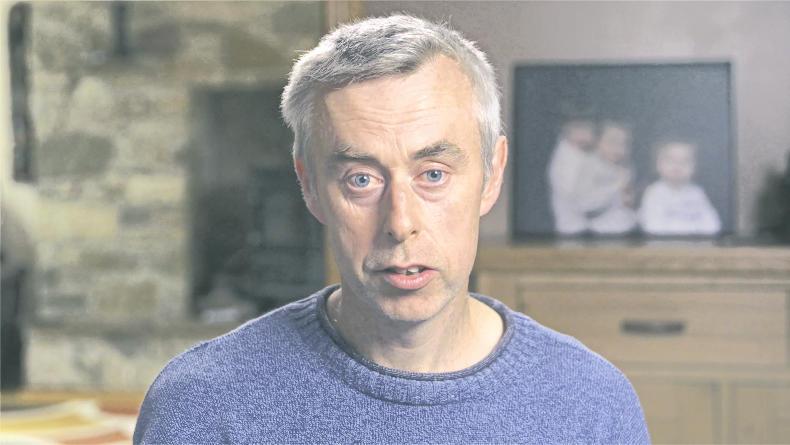
‘‘I got the phone from my pocket. It was an old-style button phone. I tried calling the emergency services. They couldn’t track me because I was ringing 999. I gathered my senses and started to dial numbers from memory.
‘‘After 17 minutes, my wife Sheila and a neighbour handed me down a ladder. That was it, I simply walked up from the tank, after 33 minutes.
‘‘I have learned that distraction and a lack of focus are a lethal combination and you will never forgive yourself for that. You cannot afford to forget what you are doing at that moment. You may not get a chance to correct it.
‘‘I look at everything now and think; Is there a way of making it safer? Is there a need to do this job right now? Am I in the mood for doing this job right now?’’
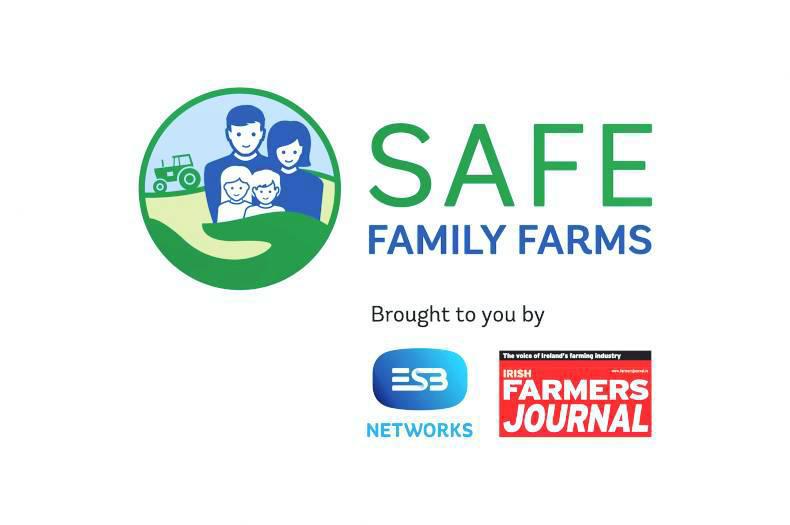
Safety is a lifestyle, not a slogan
2017 a horrific year for farm safety
The economy and age factors in farm deaths
In pictures: design a safe handling unit to Department specifications
All the coverage from Farm Safety Week 2017







 This is a subscriber-only article
This is a subscriber-only article













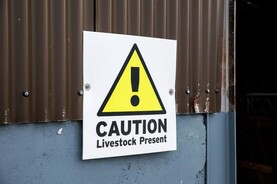
SHARING OPTIONS: